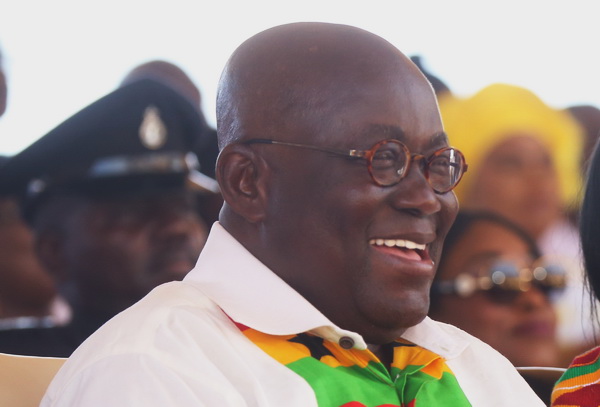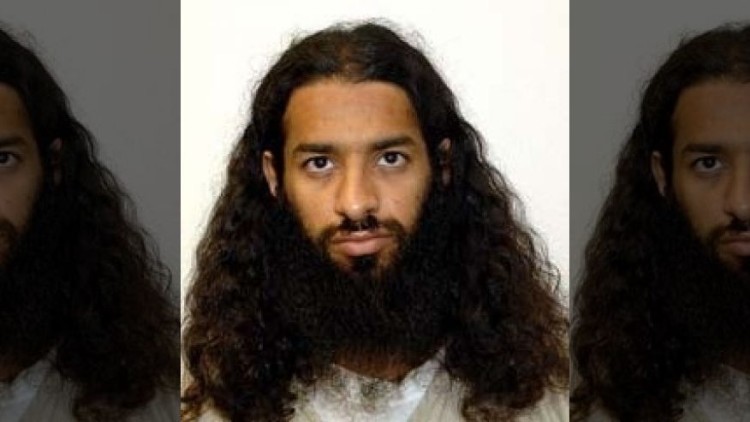Military Coup in Burkina Faso | A Look At Democracy in 21st Century Africa
Military intervention in politics was common in the 60s, 70s and 80s—and several young Independent African countries suffered in the hands of the men in uniform, who kept returning to overthrow their own or democratically elected governments.
Democracy was an attractive concept then, a way of governance which gave hope of a total inclusive governments; a tool that positioned itself as the solution for Africa’s ethnic and tribal divisions—which woefully took centre stage in our politics.
As every young child would suffer with new ways of doing this, we suffered in our fight to give Democracy a seat at our backyards—and even though we have several African countries calling themselves ‘democratic nations’ today, their practices heavily challenge our understanding of this mode of governance.
Beyond the scare of the many African countries hanging in the balance of what they call democracy, we have those whose leaders continue to return their citizens to the old savagely cruel way of governance and exchange of power; coup d’etat.
Just weeks to Burkina Faso ‘s national elections, the military has taken to the airwaves to declare it now controls the country, confirming that a coup has taken place—leaving the citizens to wonder; what’s next?
The military take over in Burkina Faso is not totally a shock to the international community, considering how the country’s long serving president-Blaise Compaore was ousted last year following his attempt to amend the constitution to extend his 27-year term, and the subsequent Burkinabé uprising.
Blaise Compaore from Burkina Faso mirrors the image of Jerry John Rawlings from Ghana, Compaore seized power twice (1983 and 1987) through coup d’etat and ruled till 2014—of course he transitioned into a democratically elected president in 1991. How he did this is another topic for a separate conversation.
In Africa, we seem to slap our faces with the word ‘democracy’ anyhow, even if the core tenets which define democracy are missing. Holding an unfair election is enough to change our labels—we’ve seen it happen all around Africa.
Democracy has evolving principles but the core remains the same—fairness and accountable are the hallmarks of every democracy.A democratic society must have pillars which promote pluralism; the peaceful coexistence of different interests, idealogiies, convictions and lifestyles. [Tweet “A democratic society must have pillars which promote pluralism;”]
Even in the liberal West where democracy is arguably modelled on the back of their cultural values, it’s an aspiration—hard work is being pushed into maintaining the already achieved principles as they strive to obtain the rest, subject to the needed alterations.
Apart from the priceless stability and the tools democracy accords individuals to be able to live in dignity as human beings, it grants this immeasurable sense of hope; a better tomorrow—which Burkina Faso was looking forward to embracing.
The military in Burkina Faso has already announced that the transitional government has been dissolved. “The statement came a day after members of the elite presidential guard unit of the military arrested the transitional president and prime minister,” reports Aljaeera.
Journalist-Fanny Noaro based in the capital-Ouagadougou told the news network that, “There is a lot of military on the street […] there is also no information about the transitional president and prime minister and there is no information if they are dead or alive.”
The unquenchable desire of African leaders to hold on power and the fanatical desire of the military to intervene in politics are the underlying reasons why we are regularly greeted with coups.
Unfortunately, while those in authority play with power and gun, the already suffering citizens get caught in the middle of the exchange—with no sense of hope and confused as to the happenings.
Even if things were not totally looking bright, the people of Burkina Faso were looking forward to national elections that could have revived their democratic aspirations—but this has once again be halted with the gun while “they slept.”
I’ve heard arguments that democracy is not for every African country and as such it should not be forced down the throat of every nation. Interestingly, what the proponents of such arguments forget is that, democracy in their estimation may not be the best for everyone situation—but, it remains our available best and worthy aspiration…
Surely, it works better than every other systems of governance at our doors—and if we want to take up the wheel of development, we must embrace it fuel; democracy…
The developmental evidence and progress are clear for everyone to see if you measure the socio-economic performance of those African countries stably bathing in democracy against those struggling in dictatorships and regularly military interventions.
My heart bleeds for the people of Burkina Faso…






